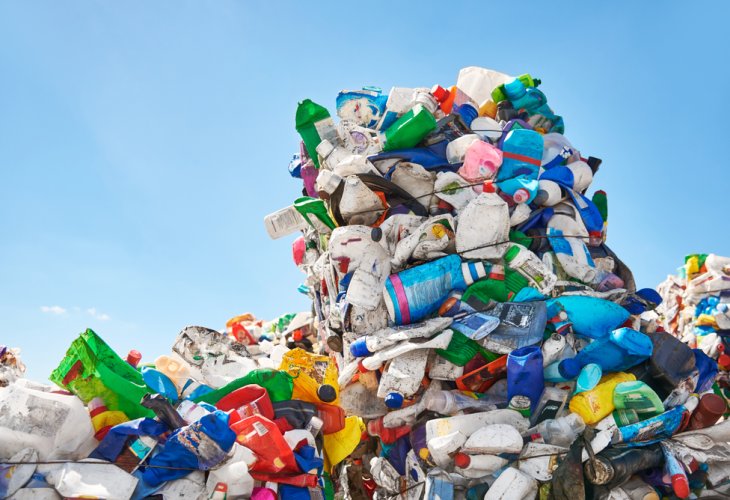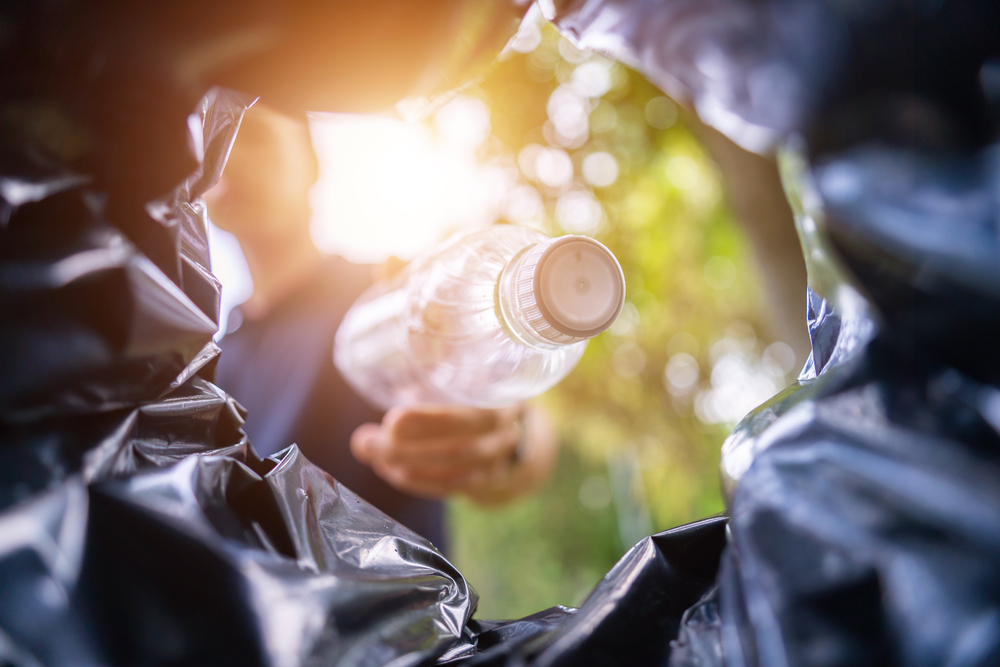Can Worms Save the Planet from Plastic Overload?
They're small, white, and seemingly ordinary, but these worms have a major advantage over all other worms: they eat plastic, and lots of it. Could these plump worms be the next big thing in recycling? Small yet mighty.
 (Photo: Shutterstock)
(Photo: Shutterstock)At first glance, they look like your typical worms: plump, white, with a standard worm-like appearance. But recent research unveils a real revolution – a type of worm called "Zophobas morio" that can survive on an exclusive plastic diet, without needing any other kind of food or substance.
Researchers believe these worms have special enzymes in their guts that digest the plastic. Initially, the worms grind the plastic with their mouths, and then their gut bacteria break down the polystyrene and styrene (common components of plastics).
 (Photo: Shutterstock)
(Photo: Shutterstock)The researchers experimented with three groups of worms: two groups did not consume plastic, while a third group consumed a high amount of polystyrene for three weeks and even gained weight. The excited researchers see these worms as "tiny recycling factories," but the goal is not to use them directly for recycling. Instead, they aim to artificially produce the enzyme to be used industrially for breaking down plastic.
The hopes resting on these studies are high. Plastic is a cheap material produced in massive amounts worldwide, with only 10 percent recycled annually. Researchers are hopeful that worms could provide a long-term solution for breaking down plastic and reducing environmental pollution.

